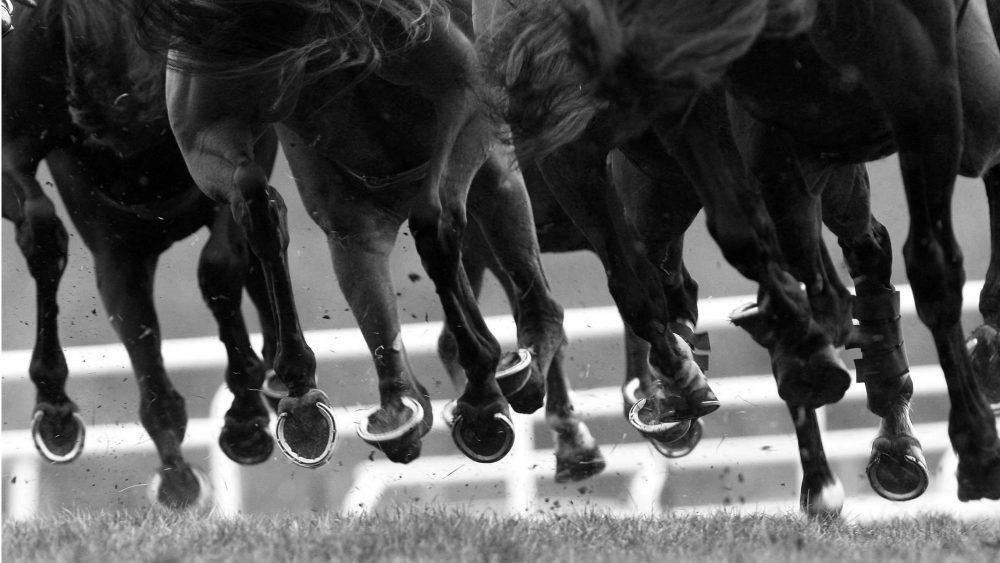BHA update: Reported outbreak of Equine Herpes Virus

The BHA has issued a notice regarding an outbreak of Equine Herpes Virus (EHV) in the licensed training yard of Dr Richard Newland in Elmbridge, Worcestershire. EHV is a common virus that occurs in horse populations worldwide, and is endemic in the UK.
We are grateful to Dr Newland and his veterinary team for their prompt diagnosis and for notifying the BHA, as required under the Rules of Racing.
Movement restrictions have been placed on the affected yard to limit any future spread beyond the premises, with further diagnostic sampling underway to establish the precise strain, which is yet to be confirmed, but is presumed to be EHV-1.
We are not aware of any confirmed cases in other yards, but we ask that trainers and veterinary surgeons remain vigilant to the clinical signs of EHV, and advise twice daily temperature checks for all horses. We would also remind trainers that any horse with a fever / pyrexia should not travel to a racecourse at any point.
Moreover, while there is a relatively low risk of transmission in a bio-secure raceday environment, it is possible that the horses in question were infectious before the disease was diagnosed. Therefore, we ask that trainers who saddled runners at the following fixtures are especially alert to the signs of the disease:
- Uttoxeter Racecourse, Thursday 2 June
- Worcester Racecourse, Saturday 4 June
- Southwell Racecourse, Monday 6 June
Trainers sending horses to Uttoxeter Racecourse tomorrow should be reassured that the necessary hygiene and infection control precautions have been taken.
Any horse showing clinical signs of EHV should be investigated immediately, and we would remind veterinary surgeons that trainers have a responsibility to report communicable diseases under the BHA Rules of Racing.
The two most common types of EHV are EHV-1, which causes respiratory disease (most commonly in young horses), abortion in pregnant mares and neurological disease in horses of all ages and types, and EHV-4, which usually only causes low-grade respiratory disease but can occasionally cause abortion. Following first infection the majority of horses carry the virus as a latent (silent) infection that can reactivate at intervals throughout life.
Further information on EHV and appropriate biosecurity measures can be found on the EquiBioSafe App, in the National Trainers Federation Code of Practice for Infectious Diseases of Racehorses in Training and in the Horserace Betting Levy Board Codes of Practice. Also see here for more information: https://equinesurveillance.org/landing/resources/news/12.pdf
We will continue to keep you updated where necessary with any further information, but if you have any questions, please contact: [email protected]
